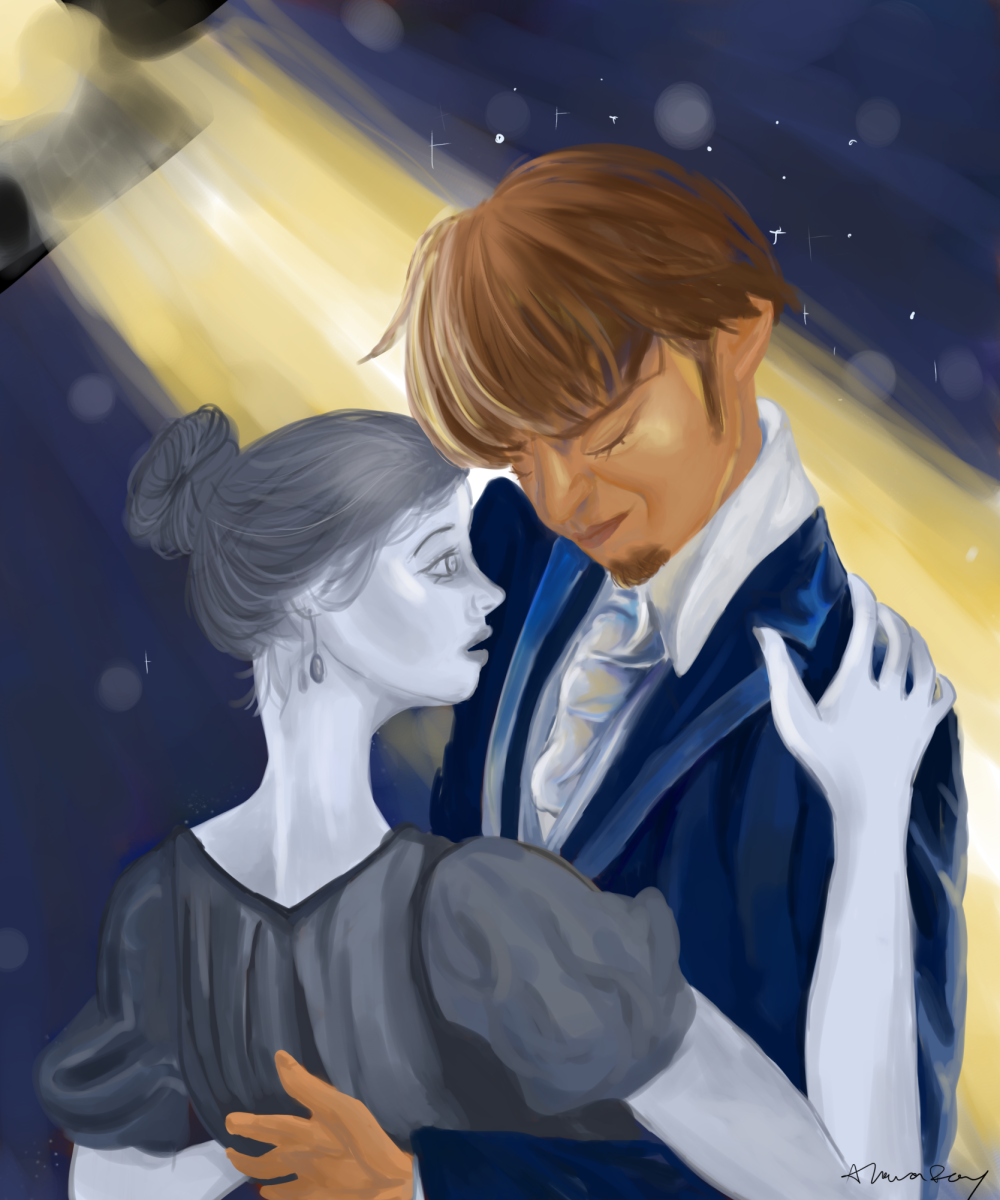Imagine a typical Hollywood heroine. Is she confident? Probably. Strong? In some manner or another, also probably. But what else?
Women are being represented in media more than ever before, and the entertainment industry has surely grown from the damsels-in-distress and shallow wives of the past. However, even as women star in media and take on stereotypically masculine roles, the quality of their representation lags behind.
Women are portrayed very one-dimensionally in comparison to their male counterparts, even today. As such, their characters aren’t nearly as compelling, or even as realistic. When female representations are one-dimensional and unrealistic, their impact falls flat.
There is an assumption that a female character can only have one trait. If she’s strong, she can’t be emotional – that would make her weak. If she’s emotional, she can’t be strong – she is not “rational” enough to be strong. That notion is false in reality. A girl can be strong and emotional – her personality doesn’t impede her other abilities, and her strength doesn’t impede her ability to show emotion.
Based on that false notion, I must have been a walking paradox as a kid. I loved to wear skirts and dresses, and was highly emotional. At the same time, I could beat any boy or girl in a race until seventh grade; I enjoyed “masculine” hobbies like superhero movies and skateboarding. Yet, I could never really see myself in any of the characters I would see or read about, something I envied about my male peers.
Take Black Widow from the Marvel Cinematic Universe, your stereotypical female heroine – she’s strong and independent, and has a mysterious backstory that is supposed to shape who she is. But she’s not much more. In contrast to her male counterparts, she’s extremely one-dimensional, only showing vulnerability when calming one of the male heroes, displaying traditionally female characteristics. She does not have a true personality other than “strong fighter” and “stoic agent,” nor personal agency in the plot either. When her classic role of fighter does not fit into a situation, she’s made into a sultry femme fatale whose only job is to seduce her opponent.
Contrast that with Tony Stark, Iron Man. He’s a snarky, blunt genius but still deeply cares about his friends. He faces betrayal, loss and defeat, and reacts to it with genuine emotion. He calls the shots and faces the consequences of his actions. He’s defiant and rebellious, but not without reason. He’s a good guy, but not without his flaws. He’s real, and in comparison, Black Widow’s a cardboard cutout of a woman.
For female characters like Black Widow, Wonder Woman and Catwoman, their personalities are always inherently tied to their femininity. Male characters, on the other hand, are not built on their masculinity, but rather the fact that they are people first.
A female character can define stereotypes, but if her defiance of a stereotype is her whole personality, it’s still a stereotype. Girls, whether young or older, deserve to have true female role models who they can genuinely see themselves in – who show them that they can be more than one thing, and that they don’t have to sacrifice a part of themselves in order to appear “strong” or “independent.”
There is no box that all female characters should fit in, no mold that all female characters should be made out of, no stereotype that all female characters should fall under. Just like we are in reality, and just like men are portrayed to be, every female character should be her own person.
We concern ourselves so much with writing “female characters” that we forget to just write good, compelling characters who happen to be female. A female character should not be approached any differently than a male one – she’s still a person, with human emotions and human struggles.
She should be treated as a human, not as a blank slate.











